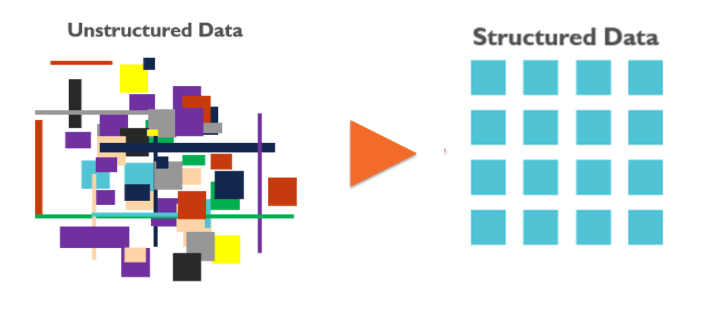Schema markup is also known as Structured Data it helps you make more easier your web page information to search engine as a machine code form (0,1) for providing best results to your user
Structured data organizes your page’s content and makes the information easier for Google to understand.'[
Schema is a language used to represent data—the actual data is called structured data.
Types of Schema
Schema markup is code that describes elements on your website into a language that all major search engines understand. That way, search engines can present users with richer results.
Google understands 32 types of schema. These are:
- Article
- Book
- Breadcrumb
- Carousel
- Course
- Dataset
- Employer Aggregate Rating
- Event
- Fact check
- FAQ
- Home Activities
- How-to
- Image license
- Job posting
- Learning video
- Math Solvers
- Movie
- Education Q&A
- Estimated salary
- Podcast
- Practice problems
- Q&A
- Recipe
- Software app (Beta)
- Speakbable
- Subscription and paywalled content
- Video”[
Local Business Markup
Local Business markup points out which elements of your website contain contact information, your address, and other important business details. Google then displays that information in a Local Business Panel on the right side of certain SERPs.
This markup ensures that Google gives those searchers the right information and encourages local foot traffic.
Review Markup
The review markup adds a star rating to the bottom part of your results page entry. It shows searchers what other people think of your site or products. This is helpful because customers are more likely to purchase products with reviews.
Sitelink Markup
Sitelink markup adds extra navigational links to your listing on the results page. Instead of just a link to your home page, searchers will also see links to your careers tab, blog, and other important pages
Product Markup
Product markup gives Google more information about products listed on your site so that searchers can see more details directly on the results page.
It also gives Google an image of your product that can appear in Google Image Search. Image searches make up 22.6% of all searches, so you can miss out on a lot of traffic if you ignore it.
Google won’t display rich results for all pages with structured data.
However, adding schema markup to your site will give you a higher chance of getting a rich result which takes up more real estate on the results page.
For example, your site could show up simultaneously as an organic result, as an answer to an FAQ, and as a video on the same results page.
So there are multiple chances for a user to click on your site, all from one search.
Why Is Schema Markup Important for SEO?
The point of structuring your data is to communicate better with search engines. When Google understands entities on a deeper level, it serves better results to searchers.
Items like rich cards, rich snippets, and the knowledge panel appear on SERPs after gathering information from structured data.
While there’s no evidence that that schema will improve your rankings, it does provide a wealth of opportunities.
For example, a search result without sitelinks doesn’t give searchers much more than the title and meta description of the linked page
On the other hand, a search result with sitelinks gives searchers the main linked page along with similar site pages that might interest them more:

